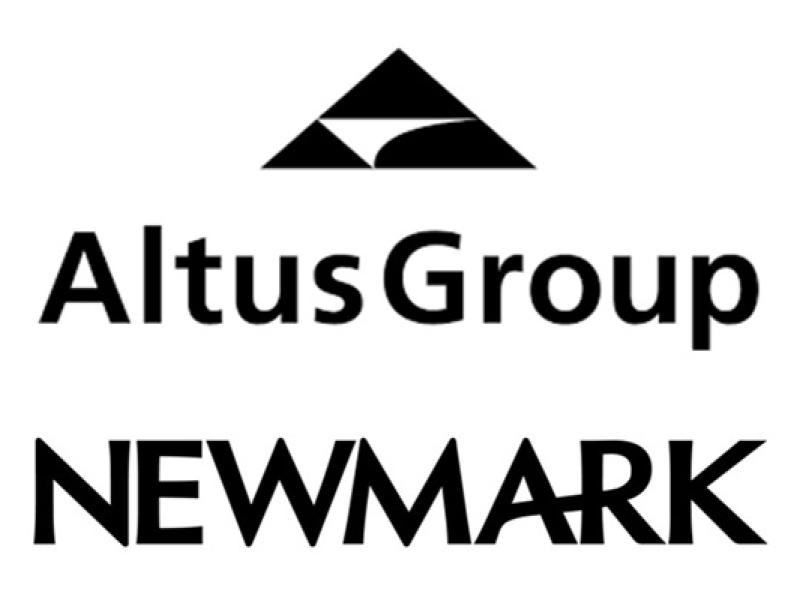Denton‘s hosted a very informative panel on real estate crowdfunding earlier this year on March 29, 2016 in Vancouver. The panel comprised of various market experts including KPMG, Dentons, R2Crowd and Churchill Corporation. Attendees included individuals from different facets of the industry like developers, syndicators, REITs, institutional investor funds among others.
Here are top highlights of the discussions from this seminar:
– While some of the traditional industries like the taxi cab industry and hotels have been fundamentally shaken up by platforms like UBER and AirBnB, technological innovation in the real estate sector is in the early stages of a shakeup. Perhaps it’s year 1 of a 5 year journey, but one thing for sure is that “financial disintermediation” is real and here to stay for the long term.
– Canada is around 4 years behind the US, where close to $3B was raised through online portals like Realty Mogul, FundRise, Prodigy Network and Realty Shares.
– Fundamentals of the business are still the same; the underlying business model is to syndicate equity in real estate projects and offer returns to investors. What’s different is the speed and pace of such capital raises as technology has the muscle to really scale up distribution of such products.
This space is heavily regulated by various provincial securities regulators, making such capital raises and running a portal on a national basis extremely complex. The Crowdfunding exemption is not very useful in the real estate industry and portals will most likely rely on AI and OM exemptions.
– Average size of the investments is expected to be around $25K and average amount of the raise will be in the range of $2MM to $5MM in the early stages. Smaller raises are somewhat at a disadvantage given legal and accounting costs.
– Typical portals intend to pool retail investor capital into a “flow-through” SPE Limited Partnership Structure, which then invests into ultimate sponsor level LP. There is no co-mingling of such assets and capital raise projects. Every LP is on it’s own standalone basis. In case of a default of the portal, the investors remain fully secured by virtue of owning the units of an LP that in turn holds the units of the entity that is beneficial owner of the property.
– While CRE investments through holding of LP units are not liquid prior to end of the term (sunset period) of the underlying investment, they still can be swapped if the investor has a replacement (investor) available. These are fixed income/bond type investments.
– Portals can offer such investments as either sub-debt or equity.
– Due diligence is key and the portals will offer third party arm’s length reviews and full property and sponsor level background material so that an investor can do their own analysis prior to investing. “skin in the game” will be one of the key elements, for example the sponsor is to have around 10% of the equity into each of their deals that they plan to crowdfund.
– Crowdfunding can be either institutional or retail and it can be either direct investing into the sponsor level LP or a pooled “flow through” LP structure.
– Reporting and distribution is all done by the portals making the process hands off and care free for the sponsors (to a large extent).
– All of the KYC, AML and other compliance related activities are done by the portal which is duly registered under different provincial securities regulators providing an added layer of comfort to the investors.







